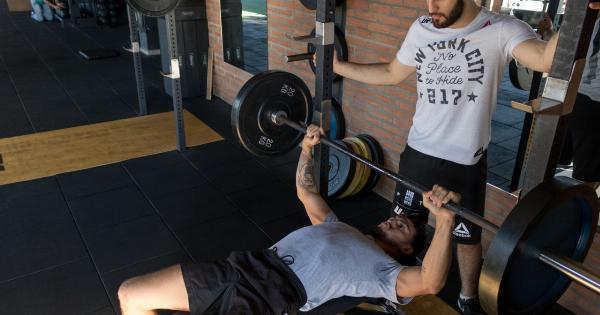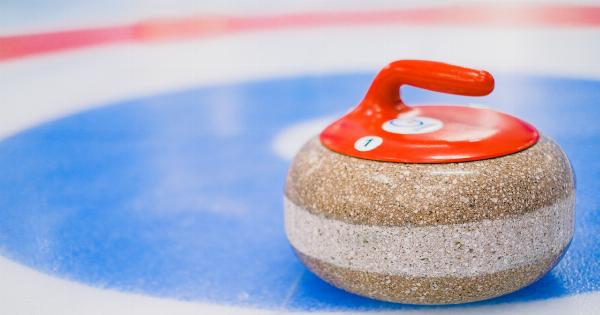Low blood pressure, also known as hypotension, is a condition in which the blood pressure levels are abnormally low. It can cause symptoms such as dizziness, lightheadedness, fainting, fatigue, and blurred vision.
While medical treatment may be necessary for severe cases, there are several home remedies that can help in the direct treatment of hypotension. These remedies focus on increasing blood volume, improving circulation, and regulating blood pressure.
1. Increase Fluid Intake
Dehydration can contribute to low blood pressure. Increasing fluid intake can help in raising blood volume, thus improving blood pressure levels. Opt for water, herbal tea, and fresh fruit juices.
Avoid excessive consumption of caffeine and alcohol as they can lead to dehydration.
2. Add Electrolytes
Electrolytes are minerals that play a crucial role in maintaining fluid balance in the body. Low levels of electrolytes can contribute to hypotension.
Include electrolyte-rich foods such as bananas, oranges, spinach, coconut water, and yogurt in your diet. You can also consider electrolyte supplements after consulting with a healthcare professional.
3. Increase Salt Intake
Consuming moderate amounts of salt can be beneficial for individuals with low blood pressure. Salt helps to retain water, which in turn increases blood volume and raises blood pressure.
However, it is important to note that excessive salt intake can have negative effects on overall health, so it’s crucial to maintain a balance.
4. Wear Compression Stockings
Compression stockings are tight-fitting socks or stockings that help improve blood circulation. They apply pressure to the lower legs, improving blood flow back to the heart and reducing pooling of blood in the lower extremities.
This can help prevent dizziness and lightheadedness caused by hypotension.
5. Practice Regular Exercise
Engaging in regular exercise can have a positive impact on blood pressure levels. Exercise helps strengthen the heart muscles, improve circulation, and regulate blood pressure.
Aim for at least 30 minutes of moderate-intensity exercise, such as brisk walking, jogging, swimming, or cycling, most days of the week.
6. Avoid Prolonged Standing or Sitting
Prolonged periods of standing or sitting can lead to blood pooling in the legs, resulting in low blood pressure. To prevent this, make sure to take short breaks and move around regularly.
If you need to stand for long periods, shift your weight from one leg to another or consider using a footrest to elevate your feet.
7. Increase Dietary Intake of B Vitamins
B vitamins, particularly vitamin B12 and folate (vitamin B9), play a crucial role in maintaining healthy blood pressure levels.
Increase your intake of B vitamin-rich foods such as leafy green vegetables, beans, peas, fortified cereals, and animal products like fish, meat, and eggs. Consider B-complex supplements after consulting with a healthcare professional.
8. Consume Small, Frequent Meals
Large meals can cause a drop in blood pressure, especially after digestion. Instead of consuming three large meals, opt for smaller, more frequent meals throughout the day.
This helps maintain a more stable blood pressure and prevents sudden drops in blood pressure levels.
9. Herbal Remedies
Several herbs and herbal remedies are known to help regulate blood pressure levels. Some common herbal remedies for hypotension include ginger, rosemary, licorice root, basil, and ginseng.
These herbs can be consumed as a part of meals, herbal teas, or taken as supplements after consulting with a healthcare professional.
10. Maintain a Healthy Weight
Excess body weight can put stress on the cardiovascular system and contribute to low blood pressure.
Maintaining a healthy weight through a balanced diet and regular exercise can help regulate blood pressure levels and improve overall cardiovascular health.






























